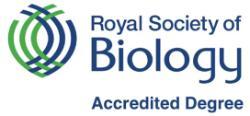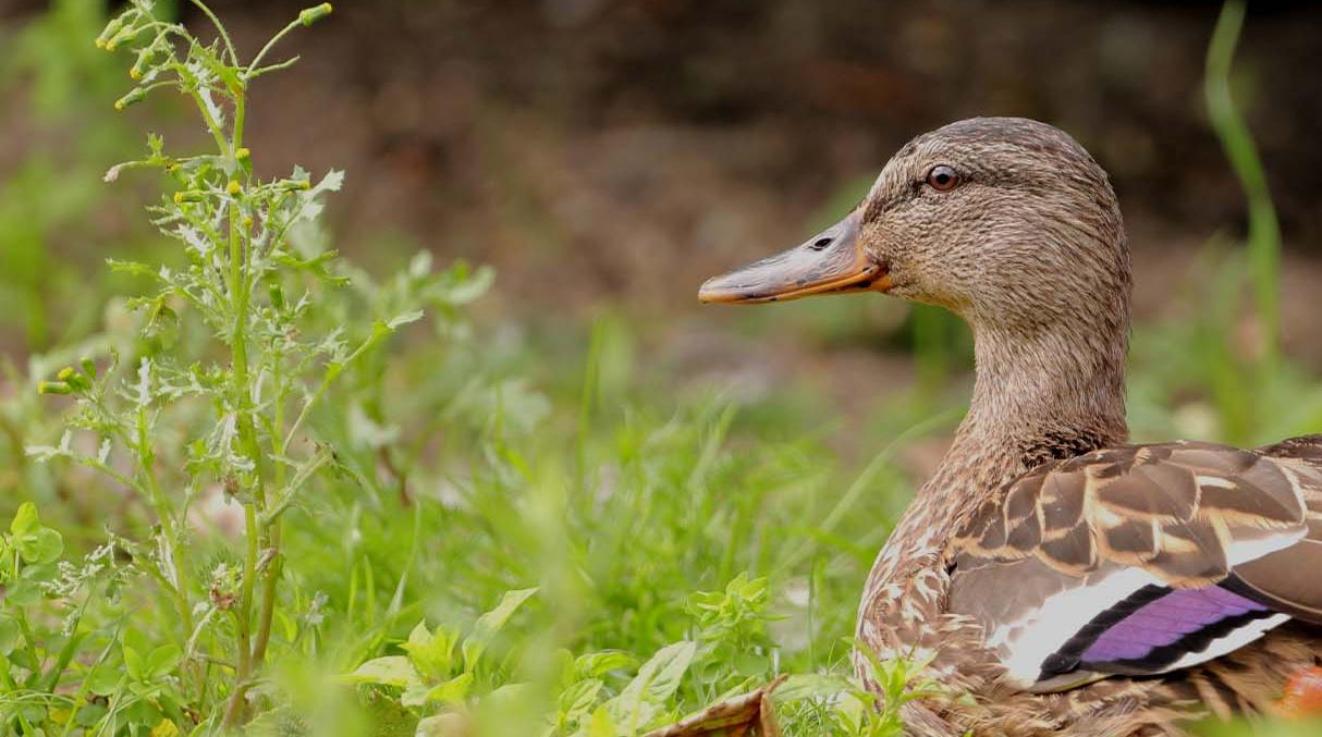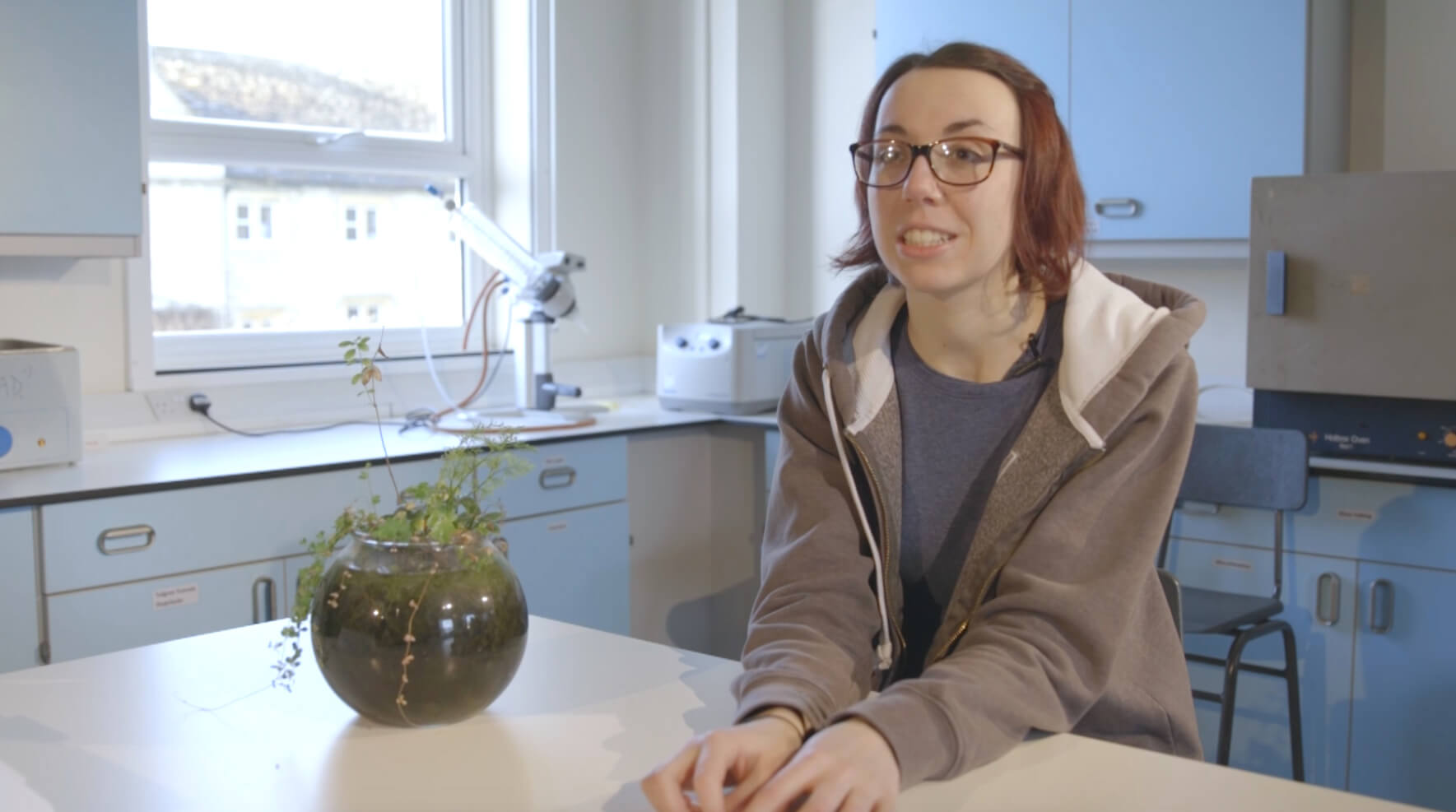Year one
Environmental science is a broad field of study and at Bath Spa it’s studied from two related perspectives – biological and geographical. You’ll cover both these aspects in your core first year modules, along with ecology and biodiversity.
Year two
You’ll study critical aspects of environmental science in more depth – in particular ecology and conservation, environmental management and sustainability. There’s also a wide range of further topics to choose from, either building your course around your particular career aspirations, or keeping your options open with a more general approach. Topics include microbial applications and biotechnology, biodiversity, river and coastal systems, environmental hazards, climate change and sustainability, and science communication.
You’ll have plenty of opportunity to do practical work in the field and laboratory, and you also have the opportunity to further enhance your employability skills with a work placement.
The optional field trip to Italy offers a unique opportunity to explore geographical themes in a highly dynamic, real-world context. On this trip you’ll learn about a range of topics such as earthquake disasters, flood hazards, air quality and pollution, climate change impacts and vulnerabilities, regional development, sustainability and urban geographies. You’ll also have opportunities to experience the regional diversity, food and culture of Italy.
Please note that some of our field trips may incur additional costs on top of your course fees. Financial support for field trip costs may be available via the Bath Spa University International Travel Fund.
Year three
You’ll choose a subject to research in-depth through your dissertation, and select optional modules from topics as wide-ranging as animal behaviour, nature conservation, climatology, marine biology, plants and people, digital imaging, development and disasters, and coastal and river management.
You’ll also continue to develop your practical skills with project work on campus and residential field trips in the UK and abroad. You can also bring in modules from other areas if you want to develop interests in managing sustainability, science publishing, preparing to be a freelancer or starting your own business.
An optional field trip to Spain allows you to study topics such as urban development, wildfires and cascading hazards, social inequalities, urban sustainability policies, city planning, coastal erosion, nationalism and independence movements, heat waves, Olympic legacies or urban flood risks.




